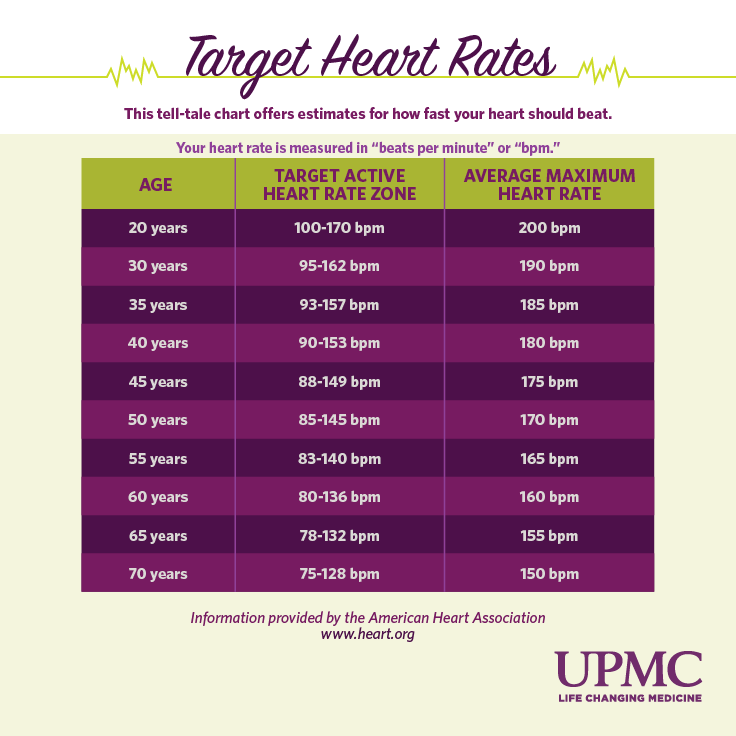Pulse Over 100
Tachycardia refers to a fast resting heart rate – usually at least 100 beats per minute. Tachycardia can be dangerous, depending on its underlying cause and on how difficult the heart needs to work.
Normal Heart Rate in Human
In basic, the adult resting heart beats in between 60 and 100 times per minute. When an individual has tachycardia, the upper and/or lower chambers of the heart beat considerably quicker.
Our heart rates are managed by electrical signals that are sent throughout the tissues of the heart. When the heart produces rapid electrical signals, tachycardia occurs.
When the heart beats too rapidly, it pumps less effectively and blood circulation to the remainder of the body, including the heart itself, is decreased.
Tachycardia, also called tachyarrhythmia, is a heart rate that exceeds the normal resting rate. In general, a resting heart rate over 100 beats per minute is accepted as. If your resting pulse tends to be between 100 and 105, there are things you can do to lower it, but you’ll probably need some patience; don’t expect the lowering to occur overnight. First off, stop smoking if you smoke. Smoking accelerates resting pulse.
Since the heart is beating quicker, the muscles of the heart (myocardium) require more oxygen – if this continues, oxygen-starved myocardial cells can pass away off, causing a cardiovascular disease (myocardial infarction). Asee camera software for mac.
Some patients with tachycardia might have no symptoms or complications. Nevertheless, tachycardia considerably increases the risk of stroke, abrupt cardiac arrest, and death.
What Is a Dangerous Heart Rate?
Pulse Over 100 When Walking
A number of conditions can impact your heart rate. An arrhythmia causes the heart to beat too quick, too slow or with an irregular rhythm.
Tachycardia is normally considered to be a resting heart rate of over 100 beats per minute, according to the National Institutes of Health, and generally triggered when electrical signals in the heart’s upper chambers fire unusually. If the heart rate is closer to 150 bpm or higher, it is a condition known as supraventricular tachycardia (SVT). In SVT, your heart’s electrical system, which controls the heart rate, runs out whack. This usually requires medical attention.
Bradycardia is a condition where the heart rate is too low, generally less than 60 bpm. This can be the result of issues with the sinoatrial node, which functions as the pacemaker, or damage to the heart as an outcome of a heart attack or heart disease.

The Number Of Beats Per Minute Is Too High?
For adults 18 and older, a normal resting heart rate is between 60 and 100 beats per minute (bpm), depending on the individual’s physical condition and age. For children ages 6 to 15, the normal resting heart rate is between 70 and 100 bpm, inning accordance with the AHA.
What Is Your Maximum Heart Rate?

It is suggested that you work out within 55 to 85 percent of your optimum heart rate for at least 20 to 30 minutes to get the best results from aerobic exercise. The MHR (roughly determined as 220 minus your age) is the ceiling of what your cardiovascular system can manage during exercise.
Is a Resting Heart Rate of 130 Bad?
In other words, is a rapid heart rate dangerous? Well over 99 percent of the time, sinus tachycardia is completely normal. … Likewise, the sinus node signals the heart to decrease during rest or relaxation. We see patients who are concerned due to the fact that their heart rate stays elevated in the range of 100 to 130 beats per minute.
What Is a Dangerously High Heart Rate When Exercising?
The standard method to calculate your optimum heart rate is to deduct your age from 220. For instance, if you’re 45 years of ages, deduct 45 from 220 to get an optimal heart rate of 175. This is the maximum number of times your heart need to beat per minute during workout.
Pulse Over 100 All Day
How Many Beats Per Minute Before You Have a Heart Attack?
What If Your Pulse Is Over 100
About 50-70 beats per minute is perfect, states Suzanne Steinbaum, MD, director of women’s heart health at Lenox Hill Hospital. Current studies suggest a heart rate higher than 76 beats per minute when you’re resting might be connected to a greater risk of cardiac arrest.
What Is the Fastest Human Heart Rate Ever Recorded?
Pulse Over 100 Not Always Sinus Tachycardia
Nevertheless there have been numerous cases in the literature which have actually reported the heart rates of above 300 per minute. The fastest human ventricular conduction rate reported to this day is a performed tachyarrhythmia with ventricular rate of 480 beats per minute.
